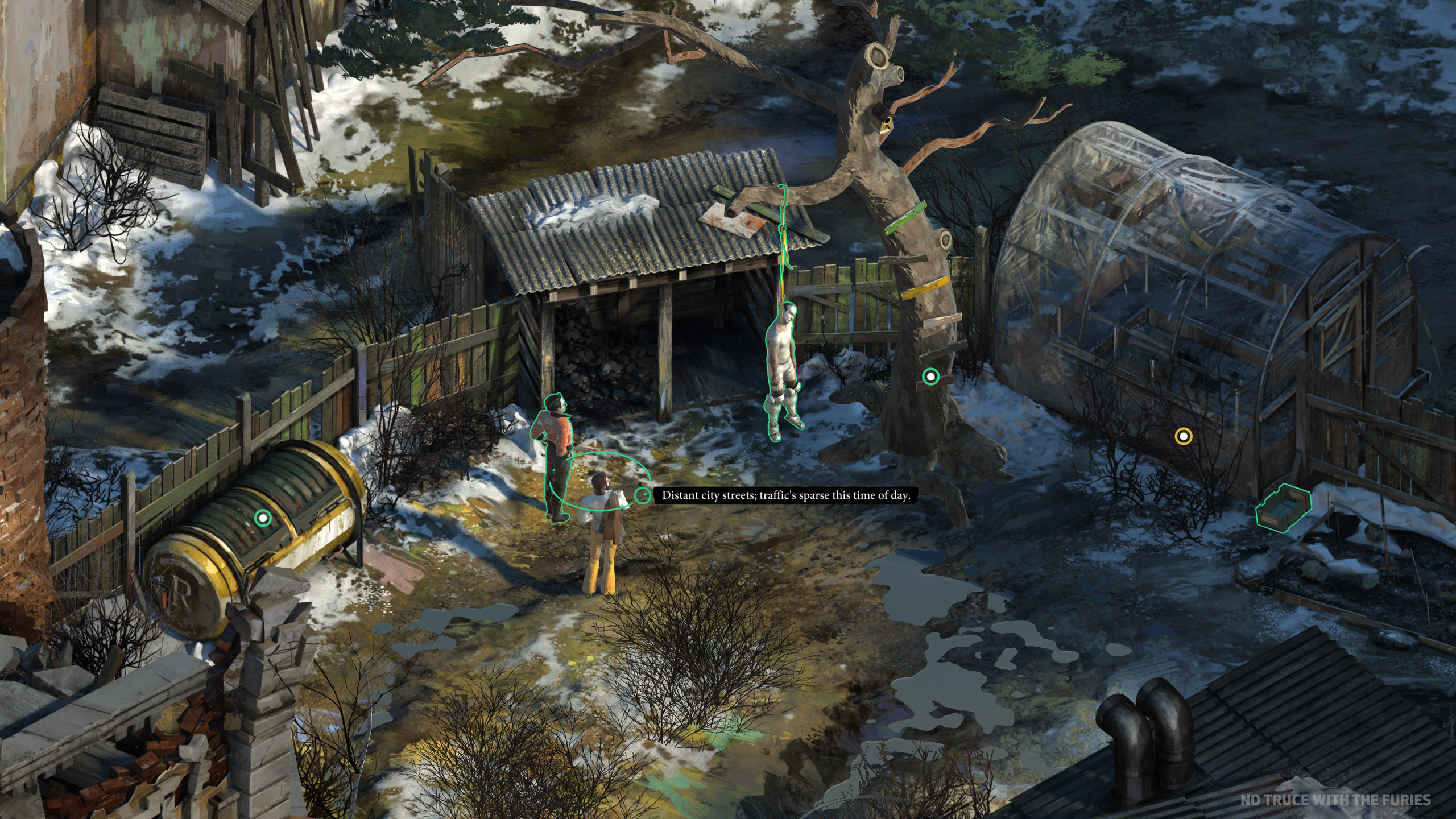This article appeared in The Herald-Sun in December 2012:
Orange County Schools may take the unprecedented step of putting school resource officers in elementary schools in the wake of Friday’s shootings in Newtown, Conn.
For at least this week, before breaking for the holiday, law enforcement officers are on campus in collaboration with the Orange County Sheriff’s Office and Hillsborough Police Department. But they could become as permanent as the SROs already found in middle and high schools.
“They will be providing an increased presence through the end of the week,” said Michael Gilbert, OCS public information officer. “Over the break (Superintendent Patrick) Rhodes and the (Board of Education) will be discussing the possibility of placing SROs in our elementary schools with our local law enforcement agencies.”
In a statement issued to parents, Rhodes wrote: “We are all deeply saddened by Friday’s tragic incident in Connecticut. While we hope such incidents never happen, Orange County Schools and our law enforcement partners view the safety of our children as our top priority.”
He outlined several steps taken to improve school security and emergency response planning, such as:
— Site-specific school safety plans.
— Specialized training in threat assessment.
— Crisis response measures.
— Regular presence and close monitoring of schools by the Sheriff’s Office.
— Full-scale and tabletop drills with law enforcement and emergency responders.
— Video surveillance in all schools.
“Principals will again be reviewing crisis plans and response protocols with school-level teams,” Rhodes wrote.
In Durham Public Schools, Superintendent Eric Becoats sent a voicemail message to parents and staff in English and Spanish about the Newtown incident.
“I want to assure you that each of our schools has safety procedures in place and we work closely with law enforcement and emergency responders to immediately address emergency situations if they occur,” Becoats said. “We regularly review and update those safety procedures.”
On Monday, DPS had counselors and support staff available for students and faculty who might want to talk through their concerns about Newtown.
Ken Gaddis, senior researcher and evaluation coordinator for the North Carolina Department of Public Instruction, said on Monday that, anecdotally, most high schools and about half the middle schools in the state have SROs. To his knowledge, he said, no elementary schools have them yet.
“Some principals are very big on SROs,” Gaddis said. “They put a lot of value in them. Depending on their talents, they can help bring a climate of discipline and can help defuse things.”
In DPS, safety protocols include district and law enforcement support for elementary schools, said William “Chip” Sudderth, director of public information for the district.
“Officers and deputies are assigned to serve our schools on a rotating basis both as a security presence and a support and educational resource for children, schools and families,” Sudderth said. “They’re a vital part of our school communities, and we’re grateful for their partnership.”
No full-time SROs are assigned to DPS elementary schools, Sudderth said.
“However, we do have great officers assigned to all elementary schools to teach a safety and anti-gang curriculum, as well as provide on-call support to all staff and families,” he said.
Joel Rosch, a senior research scholar at Duke University who once directed research for the North Carolina State Bureau of Investigation, said that stepped-up police presence this week on elementary school campuses is a good idea to discourage copycat incidents.
Plus, he said, it may make students, teachers and parents feel safer in the short term. However, making SROs a permanent presence in OCS, for example, would be a mistake, he said.
“It’s one thing to provide reassurance right after an incident happens,” Rosch said.
“Does the county want to put scarce police resources into elementary schools like that as opposed to doing something else with those assets in the community? Personally, I believe in a safe place like Orange County that would not be the best use of public resources in the long term.”
He worried that adding SROs to elementary schools might “lead to criminalization of actions in schools that are best left to school discipline,” he said. “Far more kids are being arrested in school than in the past and arrested for things they wouldn’t have in the past.”
For example, he said, when two children fight, one could be charged with assault rather than going to the principal’s office.
“That’s not making the school or the community any safer,” he said. “After Columbine, we heard all these zero-tolerance policies and more kids got kicked out of schools. When they’re out of school, they’re getting into trouble or getting hurt. We have to be careful about overreaction.
“When something horrible happens, we want to feel in control of our society. It’s our sense of self-efficacy. What can I do? We want to do something that’s not harmful, either by pulling resources away from something that could be good or leaving more kids stigmatized.”
Despite the tragic and dramatic events in Newtown, Rosch said, schools remain safe overall for children and teachers.
“Schools are still by far the safest place for children to be, statistically,” he said. “Many more kids die in cars, in fires, in domestic fights between moms and dads. Schools are about the safest place for a child to be. I don’t think anything is second.”




